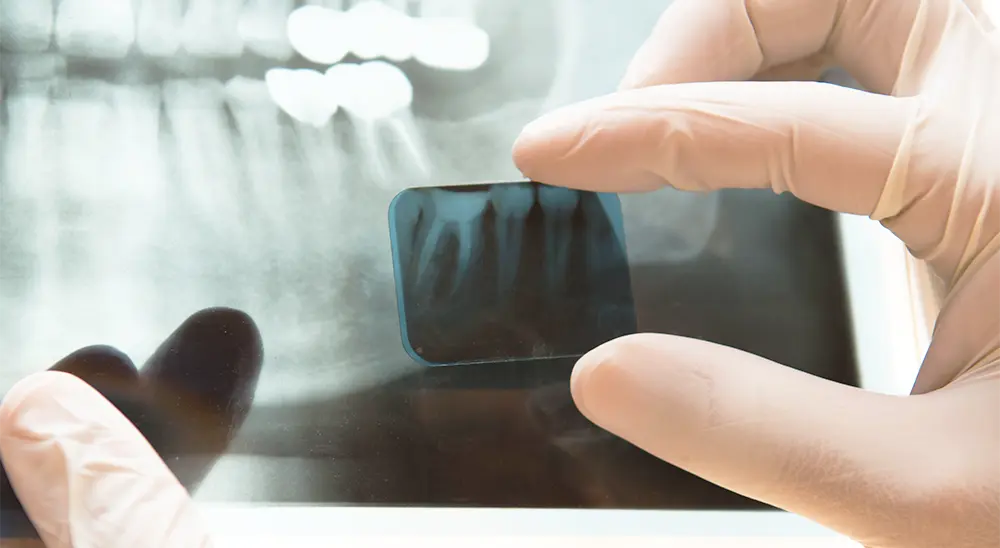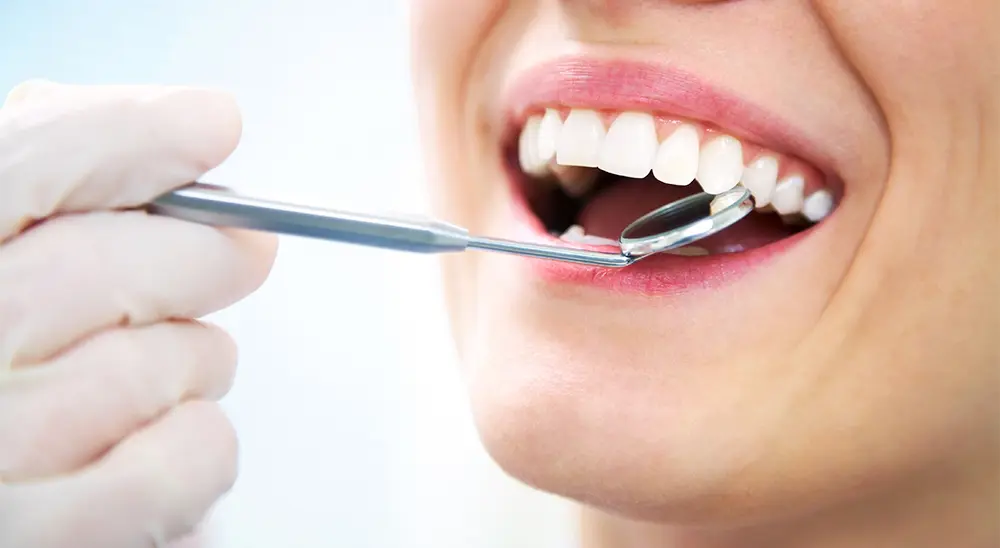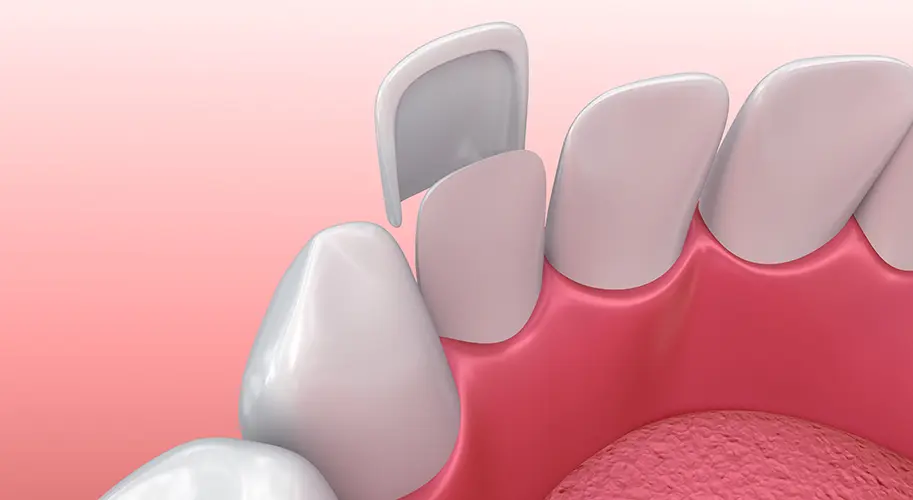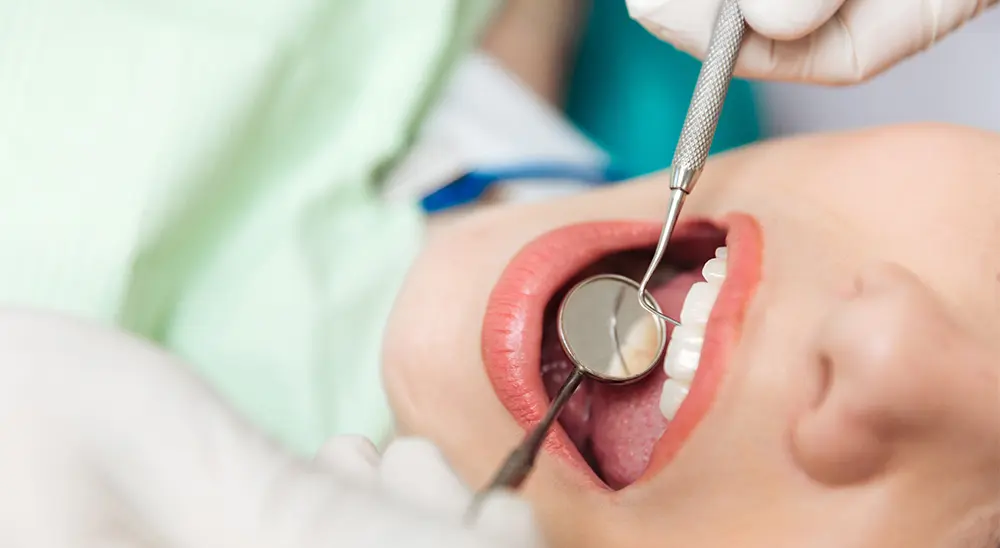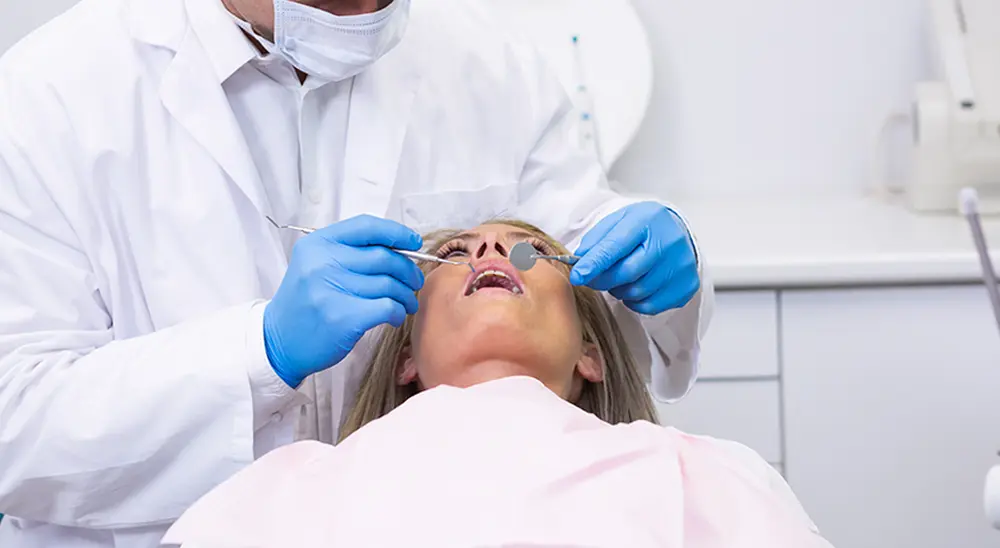
How to deal with dental fear?
What causes this fear?
Studies from 2018 show that more than 60% of the population suffers from a dental phobia (fear of the dentist).
What causes this and how can we deal with it? Read in the following article.
Recently more often we meet patients, who are extremely fearful from the dental chair and the only question they ask us is ‘‘Can I fall asleep and feel absolutely nothing during the manipulation?’’ The truth is, medicine has improved to such an extent, that a lot of impossible things have turned to possible, this includes treatment under sedation (a medical conditional, in which the patients is at complete peace, nearly asleep). Is it worth running from the fear, instead of facing it?
Lets first find out, what are the most common factors for causing this fear:
-Traumatizing experience in the past
This is the most common cause, that patients have shared. In most cases, the unpleasant memory is brought about by harsh and careless attitude provided by the dentist. Another example is forced dentistry while the patients where children or an extremely painful procedure, which they have experienced during their lifetime.
-Traumatic experience a close friend of the patient has experienced
Very often the storytelling of the experience can be much more traumatizing than the actual experience itself, especially when the story is told by a person that the patients have undoubtedly trust towards.
How to overcome fear of the dentist?
– One of the most important steps is to realize the problem and to remember where the problem has occurred from. If for example, it has occurred after a painful procedure from the past, you can research and find out the type of technology used by the clinic you have chosen to visit. After you are confident in how advanced medicine has become and how many new methods have been discovered, your anxiety will significantly decrease. If in the past you have experienced rude attitude, you can ask a friend regarding good and responsive specialist, where you will feel in secure hands.
– Have a personal dentist, as you have a personal doctor. You should choose carefully and visit them often for prophylactic examinations, as well as when you have a specific problem. If necessary, your personal dentist will recommend other specialists in whom they have confidence. As time passes, besides as a specialist you will get to know your personal dentist as a person and character, this will definitely lower your anxiety which you normally feel when you go to the dentist.
– You should be completely informed about all the dental manipulations. Often the fear of the unknown is a leading factor, but if you knew what was behind closed doors you should not be afraid to open it, right?
– You should be a team with the dentist. You should think of a signal to show him when you begin to feel pain or fear, this way the dentist will take the needed measures to calm you down. You should not be embarrassed because you experience fear and anxiety, we are human after all, not a machine.
-Ask a close friend or family member, who you trust, to accompany you in the dental cabinet, and during the manipulation, you can take your lucky charm/ talisman.
– Music, music and again music. You can ask you, dentist, to play your favourite tracks, which you have fond memories with, they will flow back into your consciousness and will block the anxiety from overtaking you.
– You should go 15 minutes earlier in the cabinet, to adapt to the environment. This will help you feel maximally comfortable even before the procedure begins.
If you feel fear during the procedure you should remember that nothing in this world is permanent, including the procedure. It has a beginning and an end.
It is important to realize, that the longer you delay the visit to the dentist, the harder it will be to deal with the consequences of that. And what can happen due to untimely treatment, you can find out here.
We recommend that you follow the best decision, that being having prophylactic check-ups.
Prophylactic check-ups do not have anything scary or painful to them, they help prevent future discomfort and pain.



